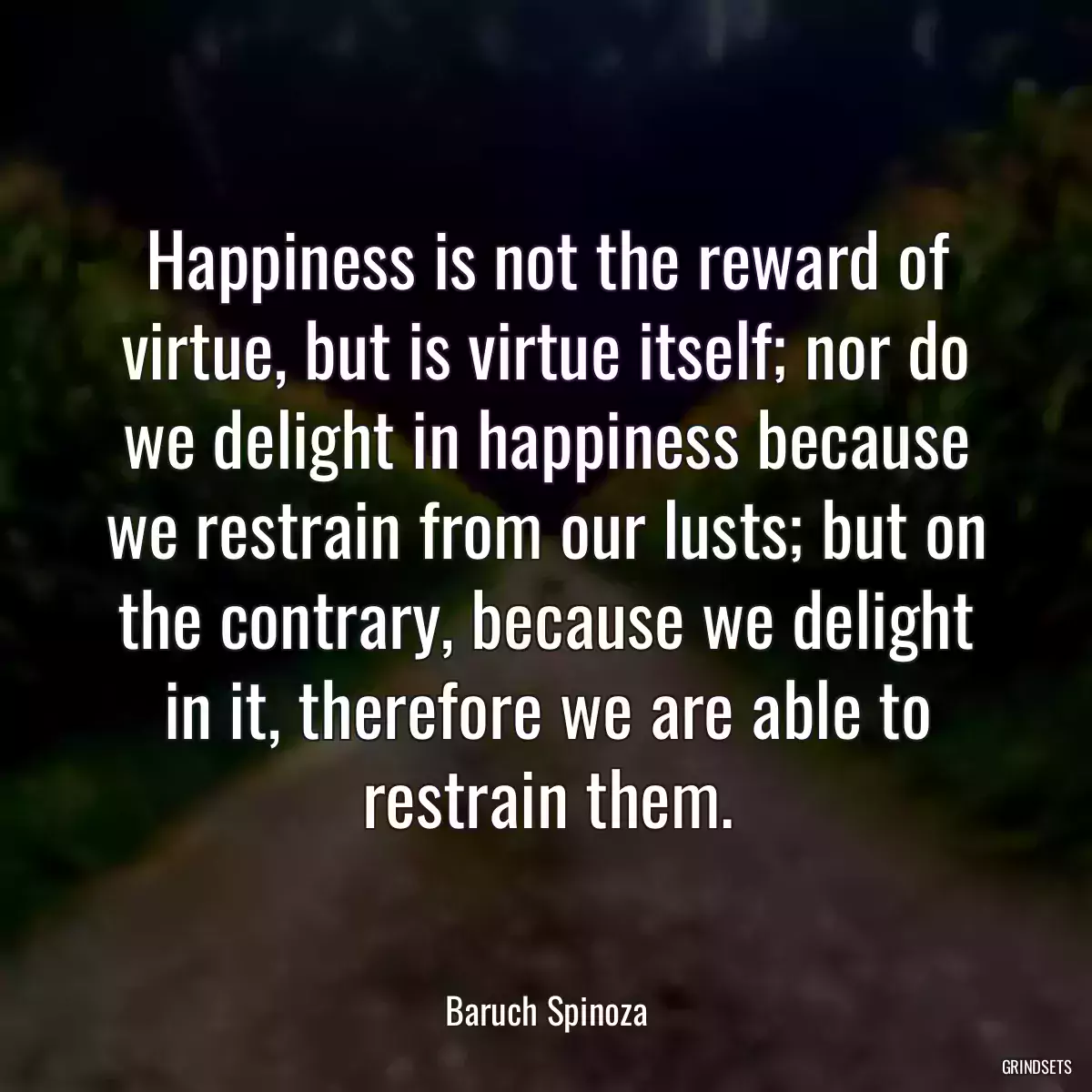
Happiness is not the reward ...

More phrases
Courage - a perfect sensibility of the measure of danger, and a mental willingness to endure it.
William Tecumseh Sherman
Feeling, in the broad sense of whatever is felt in any way, as sensory stimulus or inward tension, pain, emotion or intent, is the mark of mentality.
Susanne Katherina Langer
In that period, we had the Cold War mentality imbued through us - the Post-war [environment] and the Cold War. I think we were reflecting some of that. This was before the Wall collapsed, etc.
Stephen Mallinder
The kind of group mentality that we had lived under since the Second World War is starting to erupt, and the craving for individualism is now much stronger. It's not as taboo anymore, as it was when I was younger.
Nicolas Winding Refn
I come out of a Cold War sensibility, a Cold War mentality, and during those Cold War years, I used to know, I thought, the answers to everything. And since the end of the Cold War, I'm just a dumb as everyone else.
Jules Feiffer
Quotes from the same author
Academies that are founded at public expense are instituted not so much to cultivate men's natural abilities as to restrain them.
Baruch Spinoza
For peace is not mere absence of war, but is a virtue that springs from force of character: for obedience is the constant will to execute what, by the general decree of the commonwealth, ought to be done.
Baruch Spinoza
Peace is not the absence of war, but a virtue based on strength of character.
Baruch Spinoza
In the mind there is no absolute or free will; but the mind is determined to wish this or that by a cause, which has also been determined by another cause, and this last by another cause, and so on to infinity.
Baruch Spinoza
True knowledge of good and evil as we possess is merely abstract or general, and the judgment which we pass on the order of things and the connection of causes, with a view to determining what is good or bad for us in the present, is rather imaginary than real.
Baruch Spinoza